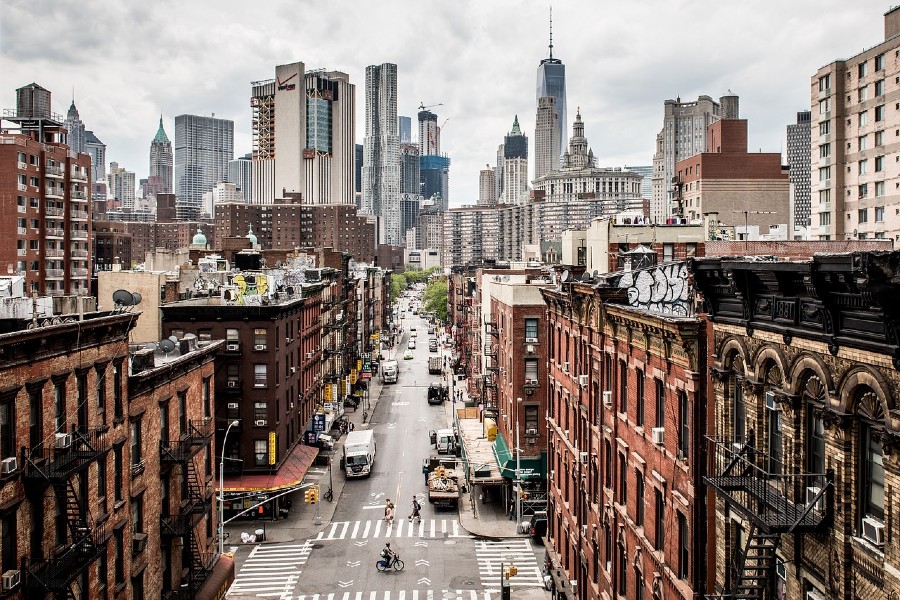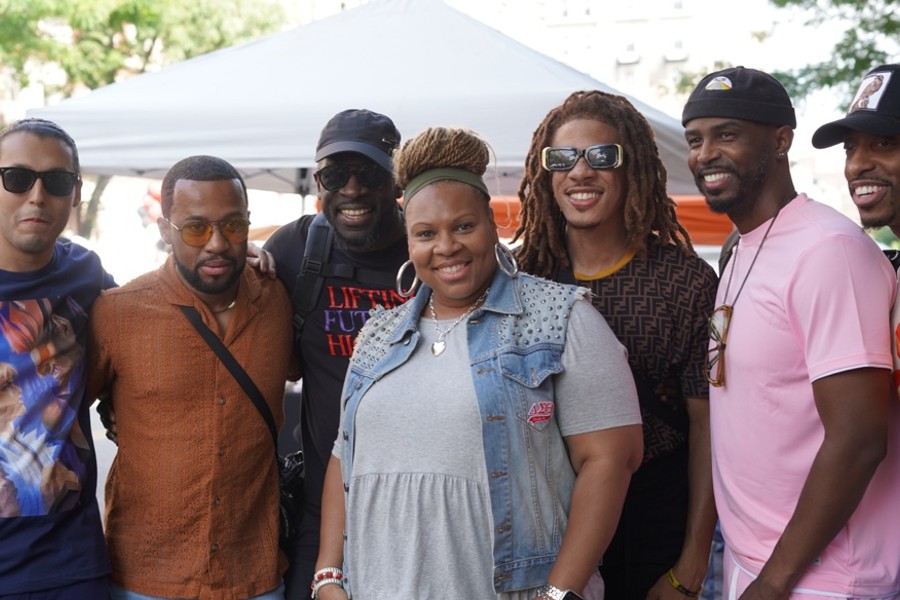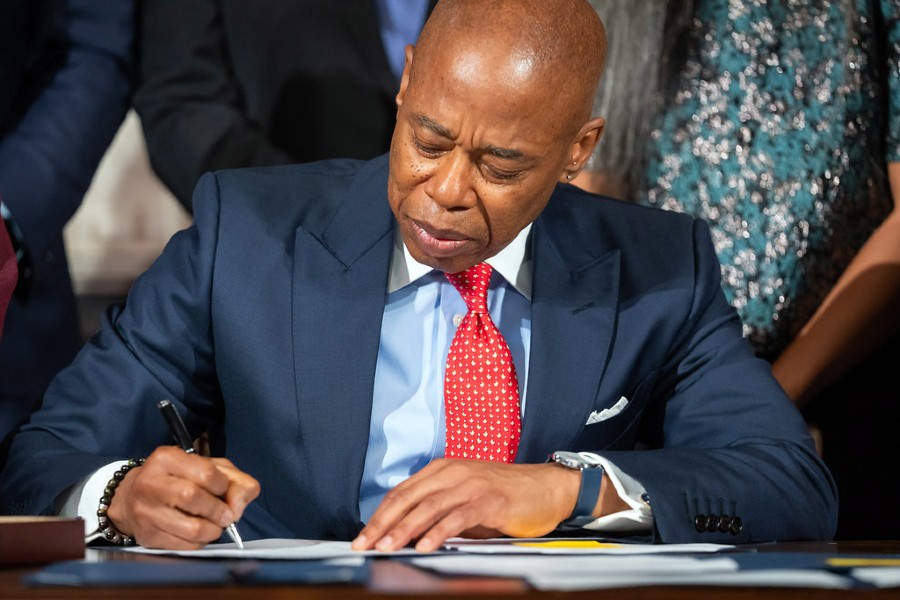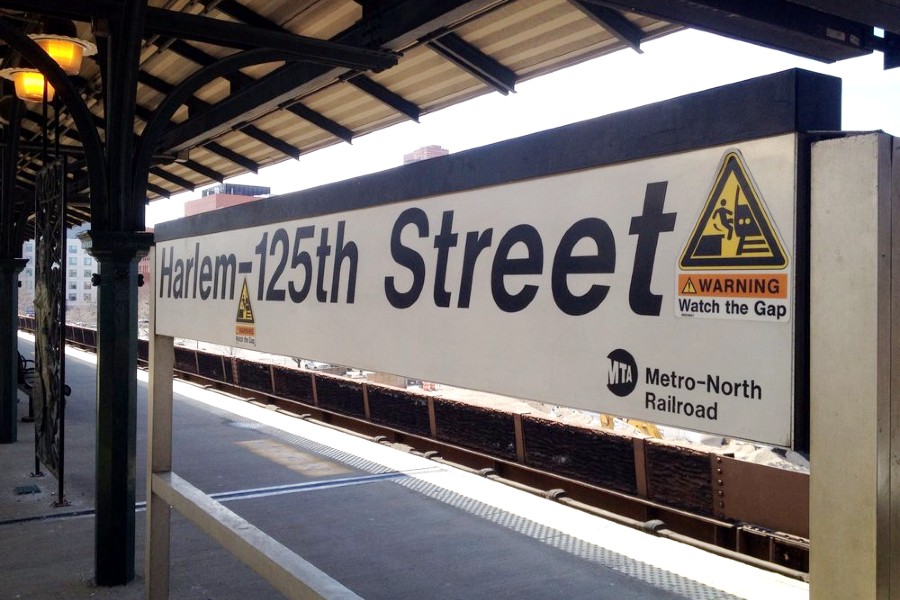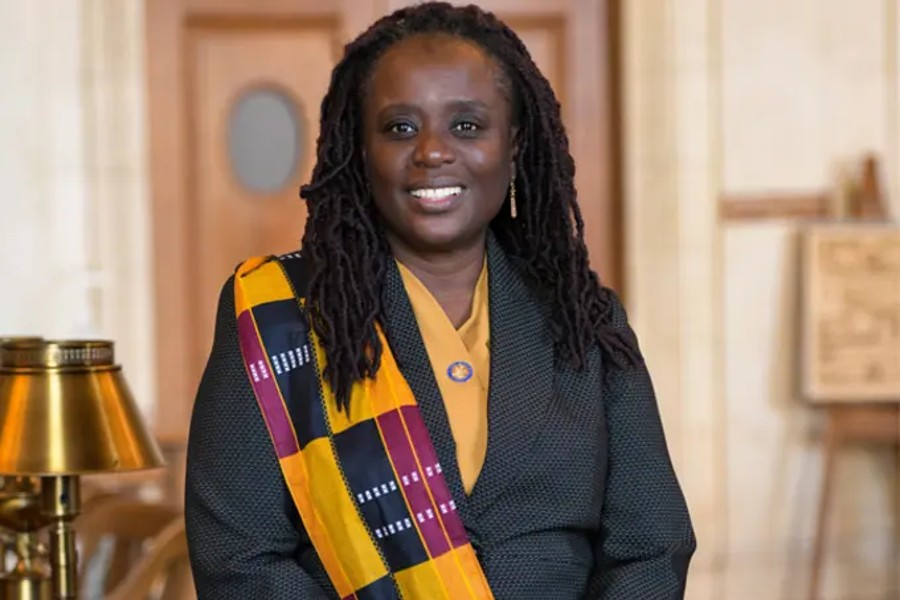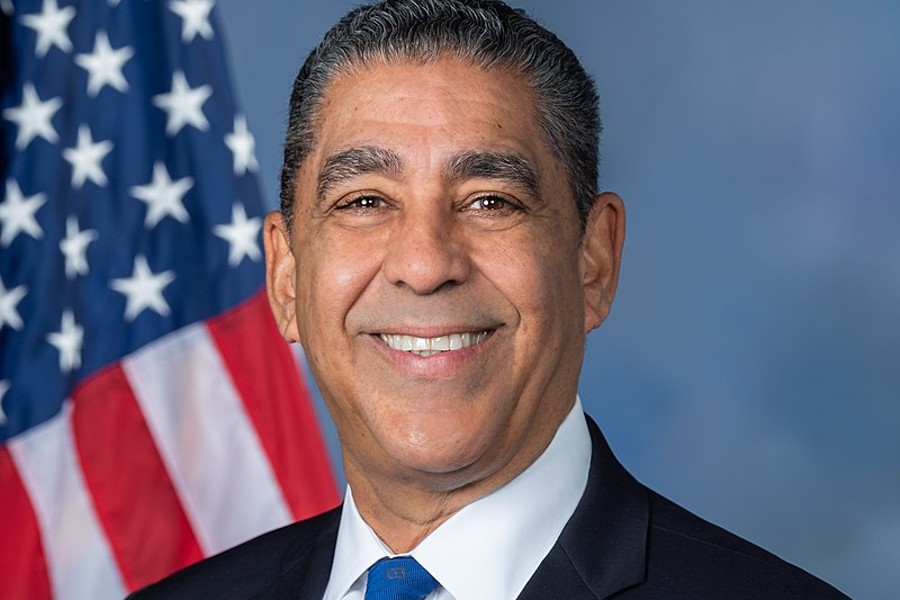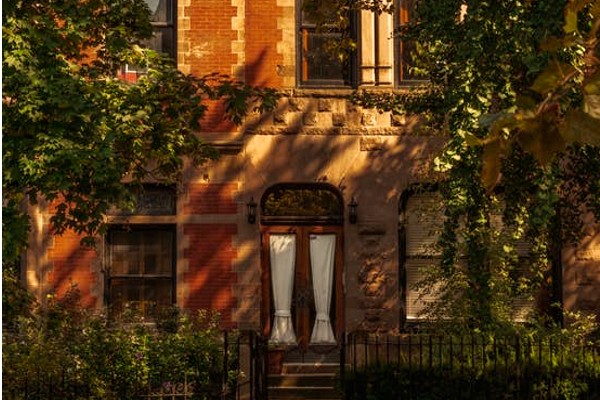 Today, Senator Brian Kavanagh, Chair of the Senate Committee on Housing, Construction, and Community Development announced details of the New York State Adopted Budget.
Today, Senator Brian Kavanagh, Chair of the Senate Committee on Housing, Construction, and Community Development announced details of the New York State Adopted Budget.
This budget would provide $5.5 billion in capital investments and $2.5 billion in other expenditures for housing and related services, for a total of $8 billion benefiting renters, homeowners, and homeless New Yorkers.
The overall impact of these direct investments will be supplemented by State and Federal tax credits that also subsidize affordable housing.
Senator Kavanagh said: “For the second year in a row, we have passed a budget that includes enormous new housing investments to mitigate the hardships New Yorkers have endured during the COVID-19 pandemic and to move our state toward ensuring that no New Yorker is denied the right to a secure, stable, affordable home. I thank all the community organizations, advocates for tenants, homeowners, and those experiencing homelessness, and affordable housing providers who joined us in pushing for the strongest possible response to the particular challenges of the pandemic and to the longer-term housing needs of New Yorkers. I thank Senate Majority Leader Andrea Stewart-Cousins, Finance Chair Liz Krueger, Social Services Chair Roxanne Persaud, all of our colleagues in the Senate Majority, and our extraordinarily dedicated Senate staff, as well as Governor Kathy Hochul and Housing Commissioner Ruth Anne Visnauskas, Speaker Carl Heastie, Assembly Housing Chair Steve Cymbrowitz and our partners in the State Assembly.
“While there is much to celebrate, I am disappointed we fell short of meeting the needs of New Yorkers experiencing homeless or facing an imminent loss of housing, by failing to include the Housing Access Voucher Program supported by both the Senate and the Assembly at $250 million. I will continue to fight for this critical program and other resources for housing and related services until we have ended the eviction and homelessness crises throughout our state.”
The adopted budget includes the following capital and expense allocations.
Five-Year Housing Plan (S8004D, Capital Projects, pages 436-439): The budget includes $4.5 billion in capital funds for the State’s new five-year housing plan.
The funds will be distributed as follows:
- $1.5 billion in capital and operating subsidies for the development and preservation of supportive housing;
- $1 billion in capital subsidies for the new construction or adaptive reuse of rental housing;
- $300 million for the development and rehabilitation of affordable senior rental housing;
- $80 million for the Rural and Urban Community Investment Fund Program;
- $90 million of capital subsidies for the construction, adaptive reuse, or rehabilitation of rental housing affordable to households that earn between 60% and 130% of the area median income;
- $450 million for the substantial or moderate rehabilitation of multifamily rental housing;
- $120 million in capital subsidies for Mitchell-Lama preservation;
- $150 million for public housing outside of New York City;
- $60 million for the rehabilitation or new construction of multifamily buildings with five to 50 units;
- $400 million for the purpose of promoting homeownership among low- and moderate-income households;
- $20 million for the Mobile and Manufactured Home Replacement Program;
- $85 million for creating and upgrading accessory dwelling units;
- $250 million for capital projects that incorporate all-electric, high-performance equipment for heating, high-performance building envelope design, and alternative energy sources.
COVID-19 Emergency Rent and Utility Assistance (S8003D, Aid To Localities, pages 660-661 and 1141-1142): The budget includes a total of $1.325 billion in emergency assistance to cover rent and utility arrears, adding to the $2.85 billion provided through the Emergency Rental Assistance Program (ERAP) and the Landlord Rental Assistance Program (LRAP), provided last fiscal year.
The following allocations included in this year’s budget will enable more New Yorkers to receive rental assistance:
- $800 million of state funds for ERAP (pages 660-661);
- $125 million of state funds for LRAP, which covers instances in which tenants have not applied for ERAP, in most cases because they have vacated their rental units (page 661);
- $150 million of federal CARES funds for ERAP (S8003D, pages 663-664);
- $250 million of state funds for utility arrears that accumulated during the pandemic (pages 1141-1142).
Other Utility and Energy Efficiency Programs
- Home Energy Assistance (S8003D, pages 630-631): $500 million for the Home Energy Assistance Program (HEAP), which helps low-income people pay the cost of heating their homes.
- Low-Income Weatherization Program (S8003D, pages 963-964): $282.5 million to assist low-income homeowners and landlords with low-income tenants to reduce heating and cooling costs and improve safety through energy efficiency measures. This is a significant increase from last year’s allocation of $32.5 million.
Public Housing (S8004D, pages 438, 441-442):
- $350 million for New York City Housing Authority capital repairs and renovation.
- $50 million for other public housing authorities for capital repairs and renovation.
- $6.4 million for the statewide Public Housing Modernization Program.
Storm Recovery: $150 million for storm recovery, including:
- Governor’s Office of Storm Recovery (S8003D, page 961 and S8004D, page 434): $32 million to support program costs and $77 million in capital funding to continue the State’s efforts to support recovery in communities across the state from catastrophic storms, including Hurricane Irene, Tropical Storm Lee, and Superstorm Sandy.
- Hurricane Ida Relief (S8003D, page 962): $41 million to support the recovery efforts of New York City residents impacted by Hurricane Ida.
Other Rural Housing Priorities
- Rural Preservation Program (S8006C, Education, Labor, Housing and Family Assistance, Part Z, §3, pages 52-53): $5.46 million for the Rural Preservation Program. Of this amount, $250,000 is allocated for the statewide Rural Preservation Coalition that supports the community-based organizations, an increase of $100,000 from last year.
- Affordable Housing Corporation (S8004D, pages 433-434): $36 million for the Affordable Housing Corporation, which creates homeownership opportunities for low- and moderate-income families by providing grants to government, non-profit, and charitable organizations to subsidize the cost of newly constructed houses and renovation of existing housing.
- Rural Rental Assistance Program (S8006C, Part Z, §3, pages 52-53): $21.63 million
- Small Rental Housing Development Initiative (S8004D, page 442): $7 million for small rental construction or rehabilitation projects.
Legal Services: In addition to subsidies for various broad-based legal services organizations, the budget includes two specific allocations to promote housing stability.
- Homeowner Protection Program (S8003D, pages 961-962): $35 million for services to prevent homeowners from losing their homes by providing assistance with loan modifications, legal representation in court proceedings, and homeownership counseling. This amount includes a $15 million increase to respond to heightened demand for these services due to COVID-19.
- Legal Representation for Tenants Facing Eviction (S8003D, page 963): $35 million in new funding, increased from $25 million in last year’s budget, the first year of the program, for legal representation of tenants outside of New York City facing eviction.
- Operations of New York State Homes and Community Renewal (S8000D, State Operations, pages 458-459): $134.7 million for programs, services and enforcement provided by HCR, the State housing agency, a 16% increase over last year’s allocation of $116.2 million. This includes $85.2 million for the Office of Rent Administration, which oversees rent regulated housing.
- Housing Our Neighbors with Dignity Act (HONDA) for Conversion of Hotels to Affordable Housing (S8004D, pages 436 and 443): $100 million in new funding, plus reallocation of $100 million included in last year’s budget but not yet spent, for a total of $200 million, to support the conversion of distressed hotels and other commercial properties into permanent affordable housing. This year’s budget expands the program to allow for the funds to be used statewide.
Homeless Housing and Assistance Program (S8004D, pages 385-386): $128 million in capital for the construction of housing for individuals and families experiencing homelessness, including:
- $5 million for supportive housing for veterans experiencing homelessness; and
- $5 million for counties outside of NYC to provide stable housing for those living with HIV/AIDS.
Fair Housing (S8003D, page 960): $2 million to support investigations of housing discrimination and improve education and outreach efforts on fair housing rights and requirements to landlords, tenants, real estate professionals, and local governments.
This has been a priority of the Senate pursuant to the investigation and report issued last year by the Housing, Investigations, and Consumer Protection Committees.
Land Banks (S8003D, pages 962-963): $50 million for services and expenses related to land banks. This funding is critical for the continued operation of land banks across the state, which had mostly been supported by the Office of the Attorney General’s mortgage settlement funds, which have been depleted in recent years.
Mitchell-Lama Co-ops and New Homeownership Opportunities (S8004D, pages 440-441): $100 million to preserve Mitchell-Lama properties and to create permanently affordable homeownership housing.
This is a new program.
- Neighborhood Preservation Program (S8006C, Part Z, §3, pages 52-53): $12.93 million for the Neighborhood Preservation Program. Of this amount, $250,000 is allocated for the statewide Neighborhood Preservation Coalition that supports the community-based organizations, an increase of $100,000 from last year.
- Small Cities Community Development Block Grant Program (S8003D, page 963): $40 million in funding for eligible cities, towns, and villages with populations under 50,000 and counties with an area population under 200,000, for community development, affordable housing, and economic opportunities for New Yorkers with low and moderate incomes.
Low-Income Housing Subsidies (S8004D, page 439): $44.2 million for the Low-Income Housing Trust Fund, which helps provide high-quality, affordable housing by funding new construction, and rehabilitation of the vacant, distressed or underutilized residential property, or conversion of vacant or underutilized non-residential property to housing.
- Housing Development Fund Program (S8003D, page 960): $15 million to provide loans to nonprofit organizations to develop low-income housing projects.
Other Critical Housing and Community Development Programs
- Access to Home: $1 million to make homes accessible for people with disabilities (S8004D, page 433).
- $1 million for Community Controlled Affordable Housing (S8003D, page 960).
- $250,000 for Fair Chance Housing Reforms (S8003D, page 961).
- $14 million for the Homes for Working Families Program (S8004D, page 434).
- $3.4 million for the Housing Opportunities Program for the Elderly (S8004D, page 435).
- $3 million for the Local Areas Program, which provides periodic subsidies to cities, towns, villages and housing authorities (S8003D, page 964).
- $4.2 million for the Main Street Program, which helps smaller communities strengthen the economic vitality of traditional Main Street downtown neighborhoods (S8004D, page 439-440).
- $5 million for the Manufactured Home Advantage Program (S8004D, page 440).
- $1 million to support Senate priorities for housing initiatives; and $500,000 to support various local housing organizations.
Click here to find more content regarding the New York State Budget.
Become a Harlem Insider!
By submitting this form, you are consenting to receive marketing emails from: Harlem World Magazine, 2521 1/2 west 42nd street, Los Angeles, CA, 90008, https://www.harlemworldmagazine.com. You can revoke your consent to receive emails at any time by using the SafeUnsubscribe® link, found at the bottom of every email. Emails are serviced by Constant Contact



